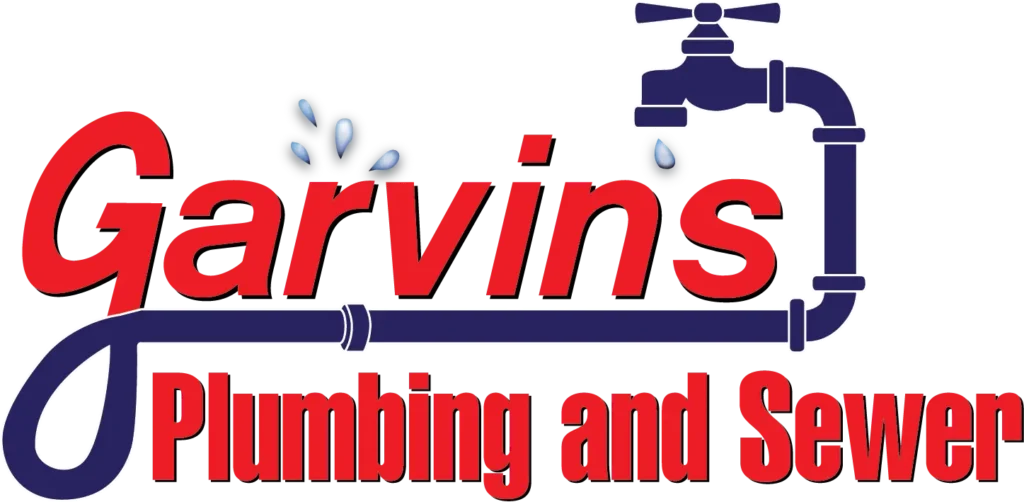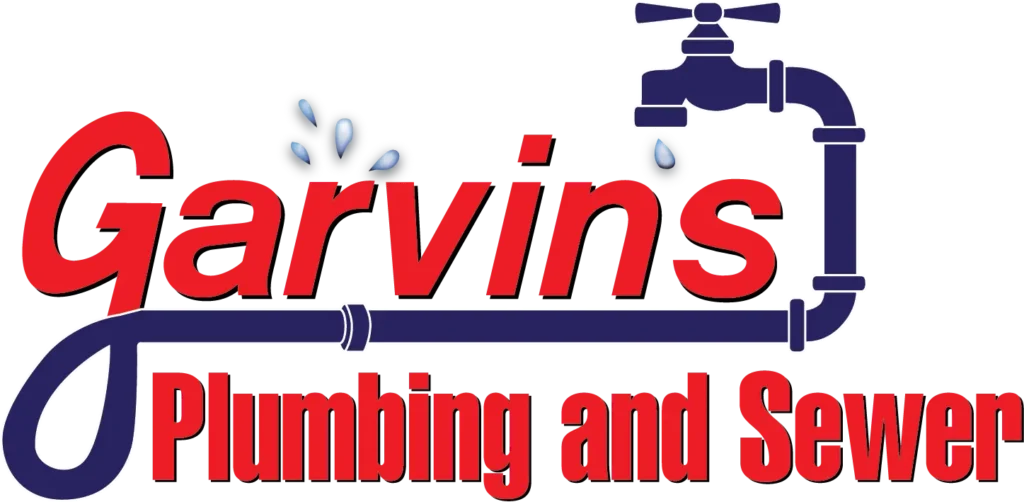Believe it or not, Colorado gets a lot of rain in the spring and early summer, and for some homeowners, this means backed-up drains. So why does this happen, and what can you do about it? Let’s explore!
Signs of Backed-Up Drains
If your drains are backing up after it rains, you are sure to see some signs and symptoms. One common sign is water pooling in your basement or around your drain outlets. You may also notice that your toilet, sink, or any other plumbing connected to a drain isn’t draining properly – or at all. In the worst case scenario, you may see sewage coming up from the drain. If this happens, you need to call an emergency plumber ASAP!
Reasons Why Backed-Up Drains Occur
There are a few reasons why backed-up drains happen following a heavy rain. One is that the sewers may be overflowing with rainwater, and your drains simply aren’t able to handle all of the water coming through them. This can happen even if there are no clogs – it’s just a matter of too much water for the drain.
The rainwater that flows into the sewer systems isn’t exactly sparkling clean, either – it contains debris like leaves, soil, sticks, and trash that can also get into your sewer system after a heavy rain, causing your drains to clog and back up.
Another reason for backed-up drains is clogs in your sewer lines from tree roots, collapsed clay pipes (older homes are notorious for this), grease, so-called flushable wipes (just because they go down the drain, doesn’t mean they break down), and other items not meant to be put into sewer lines.
Preventing Backed-Up Drains
Drain back-ups can be a real nuisance, and they seem to happen at the worst possible time (like right when your in-laws are coming for a visit). But there are a few things you can do to help prevent them from happening in the first place.
One way to help prevent drain back-ups is by regularly cleaning your drains and sewer lines. This will help remove any build-up of debris, tree roots, grease, etc. that could potentially cause a clog. There are some people who think they can do it themselves, but this job is best left to a professional (like us!).
Another tip is to be mindful of what you’re putting down your drains. Avoid pouring grease or oil down the drain, and don’t flush anything other than toilet paper and human waste down the toilet (this means making sure your kids don’t try to flush their toys or dead goldfish down the toilet). And if you have trees near your sewer lines, make sure they’re well-maintained so that the roots don’t cause any damage.
If you do end up with a drain back-up, the best thing to do is call an emergency plumber right away. They’ll be able to quickly assess the situation and get your drains flowing properly again.
So, if you’re seeing signs of a drain backup in your home – whether it’s water pooling in your basement, backed up toilets or sinks, or sewage coming up through the drains – don’t wait! Call an emergency plumber here in Denver immediately and get the problem fixed. And remember, regular drain and sewer cleaning may help prevent nasty backups in the future. Give us a call if you need assistance with this important task.





